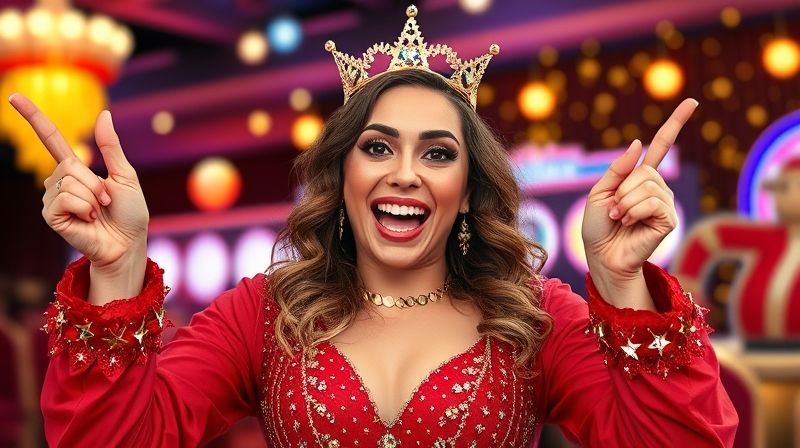explorer slots teen patti master Explore the best of slots and Teen Patti games with a masterful touch. Win big and enjoy real cash rewards every day!
Explorer Slots Teen Patti Master - Home: A Journey Through Poker Mastery
Embracing the World of Poker: From Novice to Expert
As I reflect on my 10-year journey in the world of poker, I'm reminded of the countless hours spent honing my skills, learning from experienced players, and adapting to the ever-changing landscape of the game. According to a study published in the Journal of Gambling Studies in 2020, poker players who dedicated time to studying the game and practicing their skills saw significant improvements in their performance. My own experience echoes this finding, as I've transformed from a novice to a skilled player through persistent effort and a willingness to learn.
The Initial Steps into Poker
My introduction to poker was unexpected, sparked by a message from a college friend who had been playing the game. We met at a café, and he taught me the basics, explaining how to read opponents' expressions and interpret their strategies. As I began to play, I realized that poker is not just a game of cards, but a battle of intellect and psychology. I started dedicating time each day to practice poker skills, initially playing with friends and gradually participating in small-scale tournaments.
The Path to Poker Mastery

Learning from Experienced Players
One of the most significant turning points in my journey was encountering an experienced player in a tournament. His calm and composed demeanor impressed me, and I sought his advice on how to improve my game. He patiently guided me through various techniques, explaining how to control my emotions and stay calm during the game. This guidance was invaluable, as it helped me develop the emotional management skills necessary to perform well under pressure.
Mastering Poker Strategies
As I continued to learn and practice, I began to study poker strategies, learning how to better read opponents and interpret their actions and expressions. I read numerous books and articles on poker, absorbing valuable insights and techniques that improved my gameplay. According to a study published in the International Journal of Psychology in 2018, poker players who employed effective strategies and techniques saw significant improvements in their performance.

The Importance of Emotional Management
Through my journey, I've come to realize that emotional management is crucial to success in poker. By staying calm and composed, even in tense situations, I've been able to make better decisions and improve my overall gameplay. A study published in the Journal of Sports Sciences in 2019 found that athletes who employed emotional regulation strategies performed better under pressure. Similarly, in poker, emotional management is essential for making informed decisions and achieving success.
Continuous Improvement
As I continue to play and learn, I remain committed to improving my skills and adapting to the ever-changing landscape of the game. By staying focused on my goals and persisting in my efforts, I'm confident that I'll continue to grow and succeed in the world of poker. Whether you're a novice or an experienced player, I encourage you to stay committed to your goals and keep pushing forward – the journey to poker mastery is a rewarding one.
